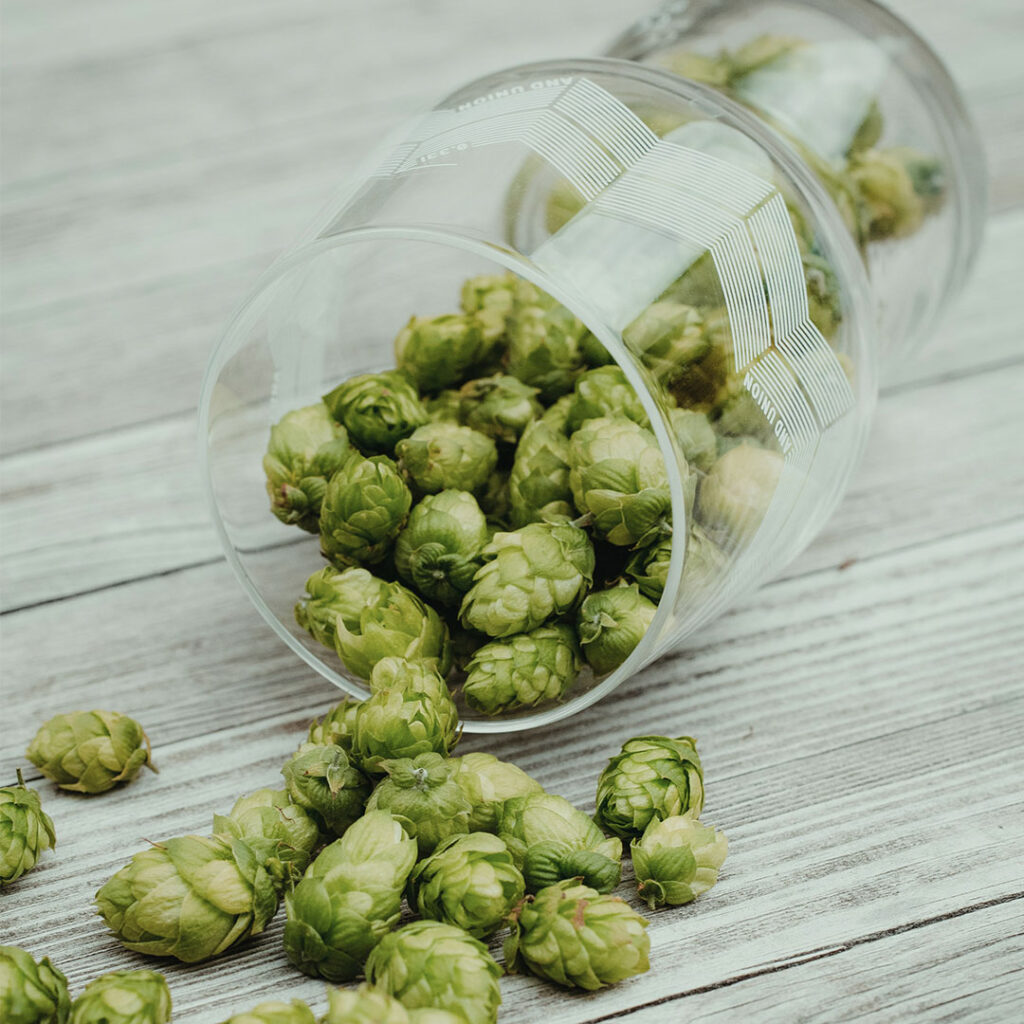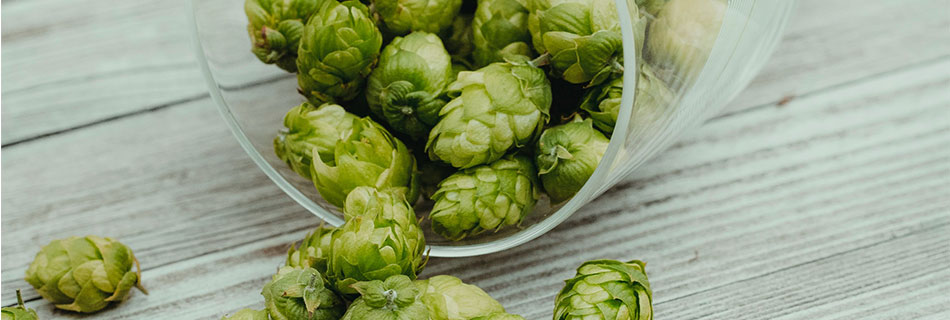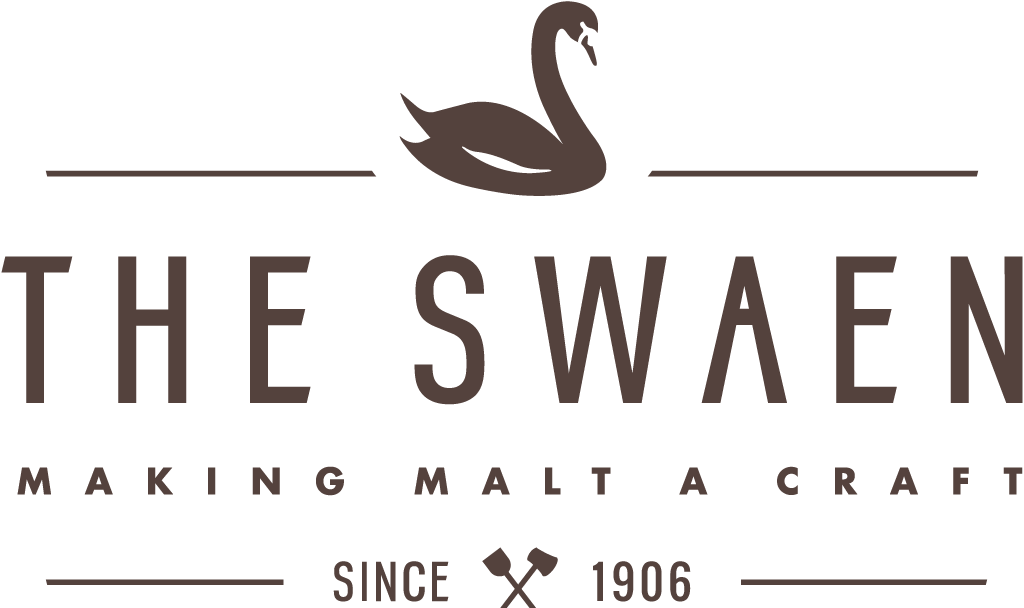We create high quality malts, but this blog is about other components. The use of ingredients for spicing beer is as old as brewing itself. Many believe the first beer was “discovered” by the Sumerians in Mesopotamia around 6000 years ago.

At that time, nomadic groups began forming agricultural communities, growing grains and baking bread. Probably, some wet or soaked bread fermented naturally. Curious about the new liquid, people tasted it and found it promising.
However, even then, early beer tasted weak. To improve its flavour, brewers added local ingredients like honey, dates, and herbs. Since then, people have continuously experimented with flavours while also trying to extend beer’s shelf life.
Taxes
In Medieval North-West Europe, brewers commonly used a mix of herbs called gruit (or gruut) to flavour beer. By then, brewing was no longer just a household activity. Monasteries and early commercial brewers emerged, but they had to pay taxes for using gruit. This was the first beer tax in history.
Governments sold taxation rights to churches and wealthy families, who kept gruit blends secret. The dried herbs were often mixed with malt before brewing. Although each region had its own recipe, common ingredients included bog myrtle, wild rosemary, and yarrow, depending on location.
More than 100 different herbs were used in gruit, but some could be dangerous in large amounts. This made the secret recipes even more valuable.
The rise of hops
Although hops were grown in southern Germany as early as the 9th century, they only gained popularity in the 13th century. Brewers soon realised that hops significantly improved beer’s shelf life. As trade expanded among Hanseatic League cities, hopped beer became the preferred choice.
To maintain fair competition, governments introduced hop taxes. By then, brewing had become a major industry, and where there’s money, there’s also tax evasion. Some brewers cut corners, using cheaper or fewer ingredients to avoid taxes. This led to strict brewing laws, which either required or banned certain ingredients.
Reinheitgebot
In 1516, Bavarian rulers introduced the Reinheitsgebot, the famous beer purity law. This law stated that beer could only contain water, barley malt, and hops. It served two main purposes:
- Ensuring a consistent quality standard for beer.
- Making beer taxation simpler and more enforceable.
The Reinheitsgebot was possibly Europe’s first food safety law. It also banned foreign beer imports to Germany, protecting local brewers. The law remained in place until the 20th century, and many German breweries still follow it today. For them, it’s both a source of pride and a powerful marketing tool.
The craft beer revolution
Today, large breweries face fierce competition from the craft beer movement. This shift has brought a renewed focus on high-quality ingredients for spicing beer. Some craft brewers have even revived ancient brewing traditions, including the use of gruit.
Beer’s evolution continues, shaped by history, innovation, and a passion for flavour.


